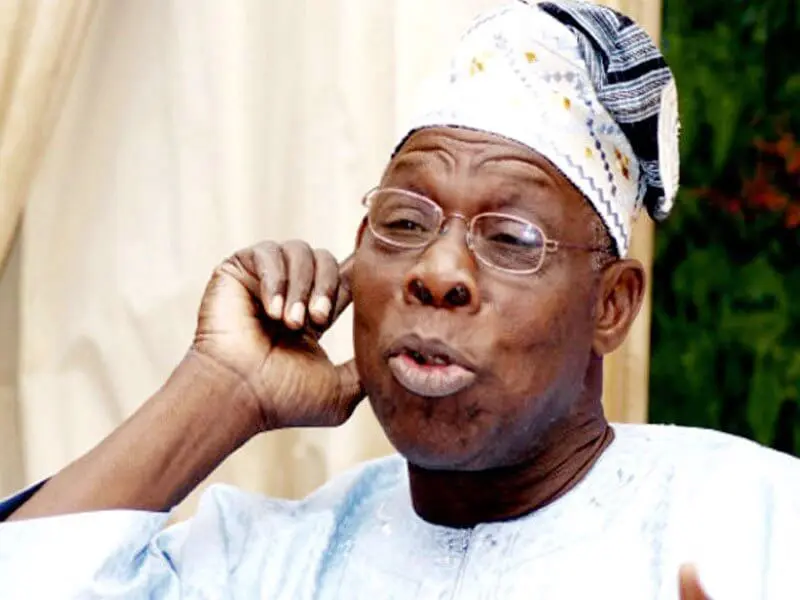Former President Olusegun Obasanjo has revealed that during his administration, the late U.S. President Jimmy Carter would not make any move in Africa without first informing him.
Obasanjo made this remark on Monday in Abeokuta, Ogun State, while speaking at the Presidential Youth Mentorship Retreat (6.0) organised by the Youth Development Centre of the Olusegun Obasanjo Presidential Library (OOPL).
His comment comes amid renewed controversy surrounding former U.S. President Donald Trump’s threat to launch a military invasion of Nigeria over alleged persecution of Christians.
Between October 31 and November 1, Trump had condemned the continued killings of Christians in Nigeria and warned that the U.S. could intervene militarily if the Nigerian government failed to act. The statement has since drawn mixed reactions from government officials, religious bodies, and public figures.
While Obasanjo did not directly address Trump’s remarks, he recalled the respect and influence Nigeria once commanded under his leadership, particularly during Carter’s presidency.
The former Nigerian leader described Carter, who passed away in December 2024 at the age of 100, as a close ally. In January, Obasanjo organised a memorial service in Abeokuta to honour the late American president, praising his commitment to Africa’s progress.
Reflecting on Nigeria’s global image, Obasanjo said the country was once viewed as Africa’s natural leader — a reputation it lost after independence but regained during the Murtala-Obasanjo military era.
“Carter never acted in Africa without first informing us,” Obasanjo said. “They didn’t seek our permission, but they always made sure we were aware of their plans. During my time as Head of State, three American presidents visited Nigeria, and they found value in engaging with us.”
He added that Nigeria’s status as a continental powerhouse was restored under his administration, emphasizing that the world had once again come to respect the country’s leadership role on the continent

